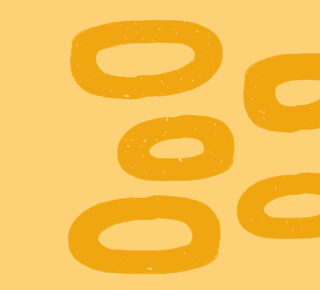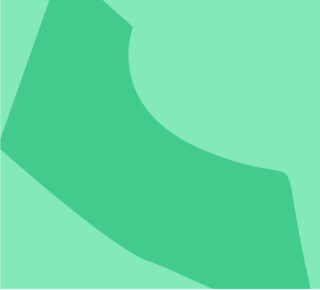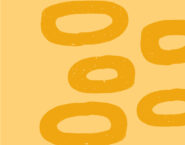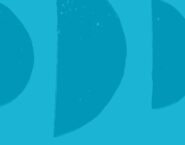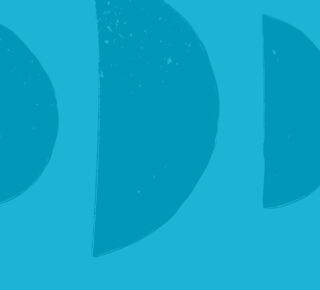
An 8-ounce cup of brewed decaffeinated coffee has approximately 2 to 15 mg of caffeine, according to the U.S. Food and Drug Administration.
Decaffeination typically removes around 97% of the caffeine naturally found in coffee beans. The exact amount of caffeine in your cup of decaffeinated coffee will vary depending on the type of coffee you’re drinking, the size of your cup, and other factors.
All methods of decaffeination, which extract caffeine naturally found in coffee beans, are authorized as safe by food safety regulators in the United States, Europe, and in countries around the world.
Learn more about decaf coffee and how it’s decaffeinated.
H2: Caffeine as part of a healthy diet
According to regulators and health authorities in the United States and around the world (including as noted in the Dietary Guidelines for Americans), moderate caffeine intake can be part of healthy diets for most adults, which in general means to consume 400 mg of caffeine per day, or about 2–3 cups (12 ounces each) of brewed coffee.
It’s important to note that guidelines on caffeine intake may vary for people with certain medical conditions—and that every person is different. To learn what’s right for your health, you should:
- Check health recommendations from recognized authorities
- Pay attention to how your body responds to caffeine
- Consult your healthcare provider
While caffeine is found naturally in coffee—which is associated with many health benefits—it can be found in other foods and beverages as well. Be sure to consider all potential sources as you determine what’s best for you.
If you’d like to take a deeper dive into the science, browse our research library.
